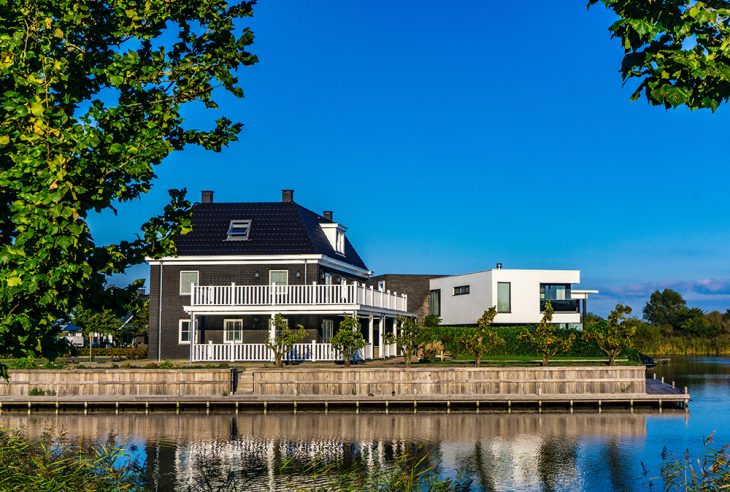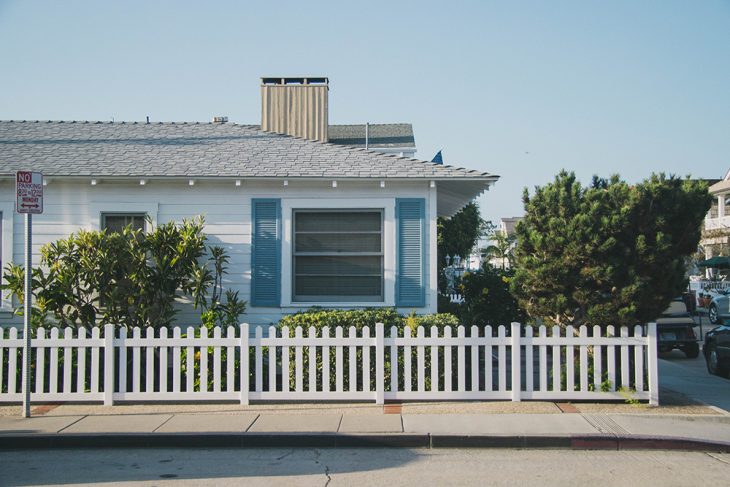
There are many reasons why you would rent out your home. Perhaps your house has been on the market for a long time, the market trends haven’t been favorable, and you’ve decided that you won’t be able to sell it for enough money to break even. Maybe you’ve inherited a fantastic rural property you don’t want to sell, or you simply want to amplify your income and get some extra revenue stream.
Whatever the reason, converting your home into a rental property is doable and can be very profitable, especially if your property is in a commercial location near the major centers where undeveloped land easily transforms into office properties. However, it takes diligent planning. First, you should learn the differences between a primary residence and an investment property and the top tips on turning your purchased home into an income-generating machine.
Primary Residence vs. Investment Property: Main Differences
If you decide to finance an investment property, there are different requirements than when purchasing a primary residence. For instance, the down payment ranges between 15% and 25% when purchasing an investment property. The range is significantly lower for a primary residence.
Moreover, investment property or commercial loans often have an interest rate of about 0.5-.075 higher than the loans for owner-occupied residences. Also, purchasing a commercial property typically requires a higher credit score than what’s required for owner-occupied properties. In some cases, you may need asset reserves too.
How to Turn Your Purchased Home Into An Investment Property
You may strategically find commercial land for sale if you plan to build a house you would rent out later. And if your commercial property or land investment is in a prime location, it will be much easier to convert it into an investment. However, if you want to turn your existing home into an investment property, here are some more considerations to have in mind:
Be aware of the mortgage restrictions — If you have a mortgage, the lender might require you to live in the primary property for a year. Before the year is out, you won’t be able to turn the property into a rental. If you try, it might be considered a mortgage fraud, which carries serious penalties.
Make contact with your insurance provider – Your current homeowner’s insurance coverage will no longer cover you as a non-owner-occupied property. You’ll need to call your insurance company to give property updates and let them know about your plan.
Learn all about the landlord and tenant regulations and laws – The states all have their individual landlord and tenant laws. You should be aware of your responsibilities as a landlord in terms of security deposits, lease agreements, and tenant screening.
Consider the associated expenses — When converting your purchased home into an investment property, you’ll incur some costs. The additional fees will depend on whether you’ll be looking at additional properties to buy a second residence in a fancy apartment building or you’ll rent until you come across the most suitable new house. Even though you’ll be getting income, there will be some extra expenses such as higher investment home loan interest rates, renovation costs, and management fees.
Understand the tax laws – To make the most of the tax regulations, you must understand the tax laws. The interest deductions for a primary residence differ from those investment properties are eligible for. There are significant tax benefits when transforming the home into an investment property. You’ll be able to write off some expenses as a tax deduction for investment expenses which might include:
- The interest rate of the loan
- Management fees
- Advertising
- Bank fees associated with the loan
- Cleaning costs
- Maintenance costs
- Car expenses associated with collecting rent
- Depreciation loss on newly bought items
The tax laws differ from state to state, so you should consult with a professional.

Final Thoughts: Should You Convert Your Home Into a Rental?
Many homeowners decide to turn their homes into the finest properties for rent and earn some extra cash. The venture comes with tons of potential for making revenue and numerous benefits, but it takes detailed planning to make it a reality. Before you start, there are several things to think about. Remember that the lender, insurance company, taxing authority, and other government agencies are all interested in how you own and use the property. Also, being a landlord entails more than simply collecting rent money. You’ll have to act as a negotiator, a handyman, and even an evictor if needed, so make sure you’re up for the challenge.



